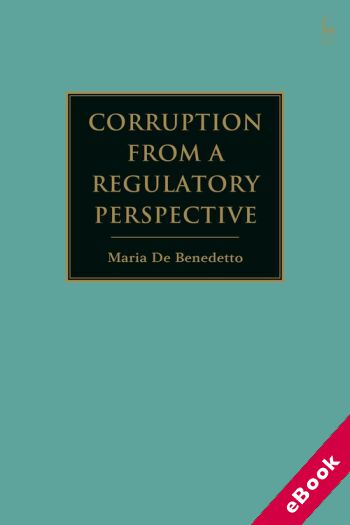
The device(s) you use to access the eBook content must be authorized with an Adobe ID before you download the product otherwise it will fail to register correctly.
For further information see https://www.wildy.com/ebook-formats
Once the order is confirmed an automated e-mail will be sent to you to allow you to download the eBook.
All eBooks are supplied firm sale and cannot be returned. If you believe there is a fault with your eBook then contact us on ebooks@wildy.com and we will help in resolving the issue. This does not affect your statutory rights.
This book seeks to enrich and, in some cases, reverse current ideas on corruption and its prevention. It is a long held belief that sanctions are the best guard against corrupt practise. This innovative work argues that in some cases sanctions paradoxically increase corruption and that controls provide opportunities for corrupt transactions. Instead it suggests that better regulation and responsive enforcement, not sanctions, offer the most effective response to corruption. Taking both a theoretical and applied approach, it examines the question from a global perspective, drawing on in particular a regulatory perspective, to provide a model for tackling corrupt practises.